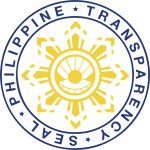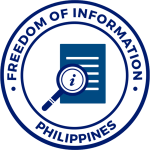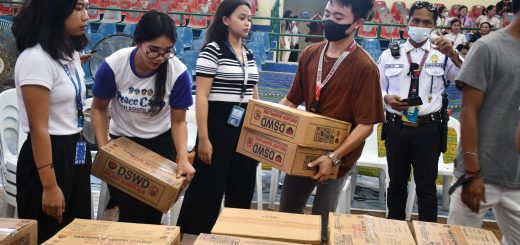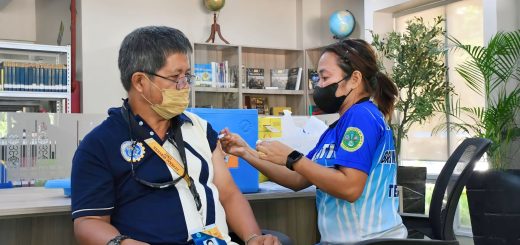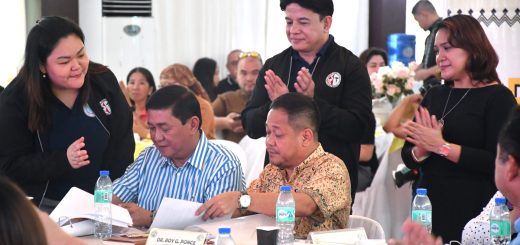𝗠𝟮𝗣𝟮 𝗥𝗲𝘀𝗲𝗮𝗿𝗰𝗵 𝗣𝗿𝗼𝗴𝗿𝗮𝗺 𝘀𝗽𝗲𝗮𝗿𝗵𝗲𝗮𝗱𝘀 𝗞𝗼𝗯𝗼𝗧𝗼𝗼𝗹𝗯𝗼𝘅 𝘁𝗿𝗮𝗶𝗻𝗶𝗻𝗴 𝗳𝗼𝗿 𝗽𝗮𝗽𝗲𝗿𝗹𝗲𝘀𝘀 𝘀𝘂𝗿𝘃𝗲𝘆𝘀
by DOrSU-PIO · Published · Updated
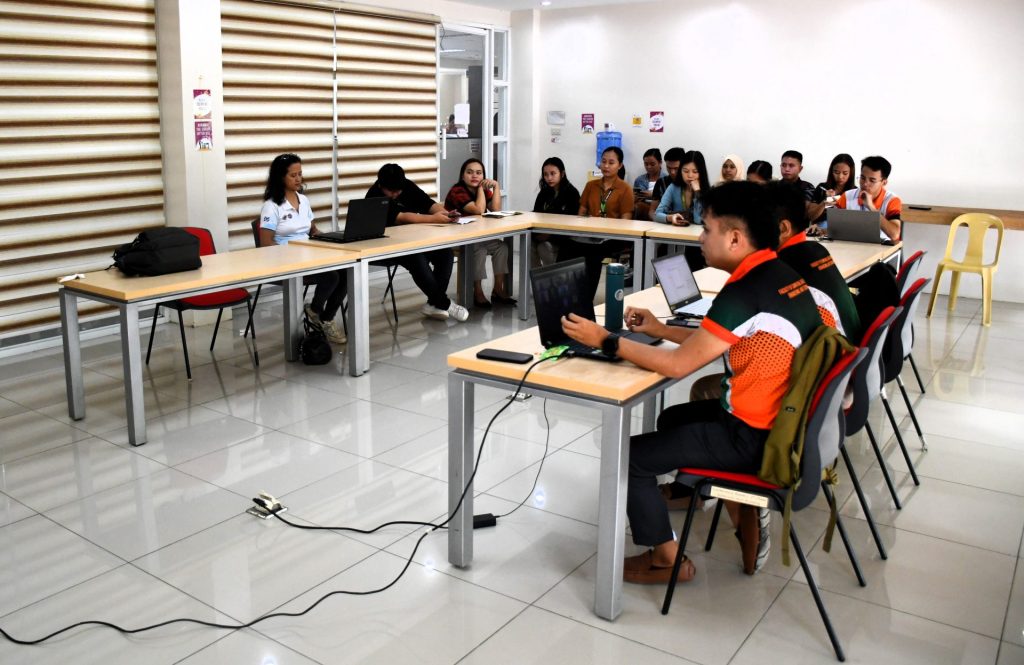
In a bid to champion environmentally sustainable practices while optimizing data collection efficiency, the Macro- and Micro-Plastic Pollution (M2P2) Research Program initiated a hybrid training session on Data Collection and Management using KoboToolbox, an innovative paperless survey tool.
At the forefront of the activity held on February 13 were faculty members of the Davao Oriental State University (DOrSU) – Faculty of Computing, Data Sciences, Engineering, and Technology, Mr. Jerd M. Dela Gente and Mr. Diether C. Montejo. They detailed the features of KoboToolbox, guiding participants through the survey creation process. Additionally, they led a simulated survey using KoboCollect, the mobile application component of KoboToolbox, which is capable of seamless offline data collection.
Dr. Emily S. Antonio, Program Leader, expressed her excitement about integrating KoboToolbox into the M2P2 Research Program. She highlighted the tool’s alignment with the Program’s eco-friendly ethos, emphasizing that transitioning to paperless surveys boosts data collection efficiency and reduces environmental footprint.
Mr. Jhonnel P. Villegas, Project Leader of M2P2’s social research component, echoed the same sentiments. He elaborated on the use of KoboToolbox in the upcoming surveys to assess knowledge, attitude, and practices toward marine plastic pollution among coastal communities in Davao Oriental.
The training garnered a diverse audience, with faculty members from DOrSU’s Baganga, Cateel, and San Isidro Campuses actively participating online via Zoom. On-site engagement also witnessed involvement from researchers and students of the university’s Faculty of Agriculture and Life Sciences.
The DOrSU M2P2 Research team is poised to commence the initial survey in February 2024. By collecting essential baseline data from local communities, the Program seeks to gain insight into people’s understanding of plastic pollution. This data will inform the development of targeted mitigation strategies, campaign initiatives, and innovative solutions—aimed at fostering behavioral change towards environmental stewardship. (DOrSU PIO)

